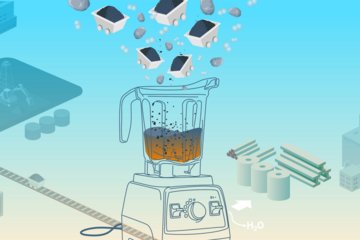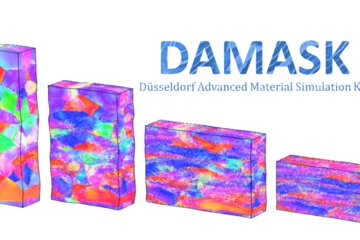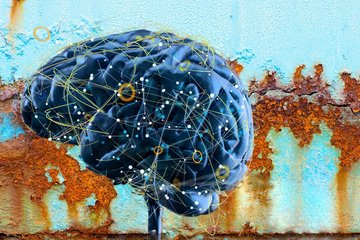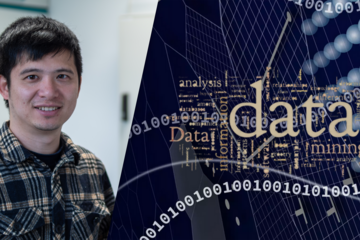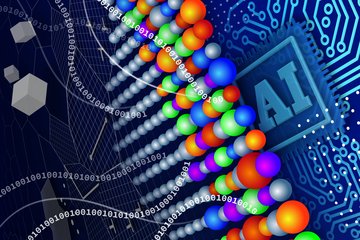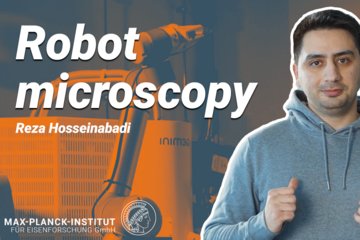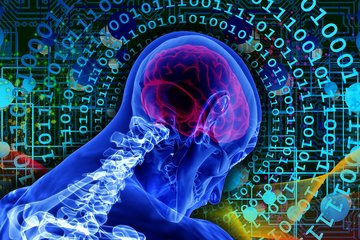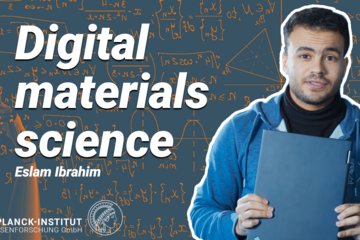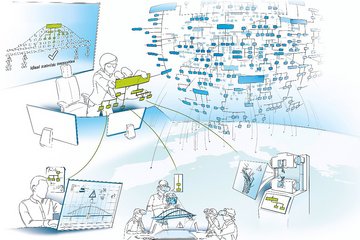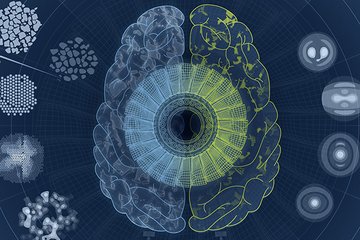Alle Typen
21.
Vortrag
High-Resolution crystal plasticity simulations of real microstructures. 9th GAMM Seminar on MultiScale Material Modeling, Kaiserslautern, Germany (2015)
22.
Vortrag
Spectral Method Simulation of High Phase-Contrast Materials: A Joint Numerical-Experimental Study. 9th European Solid Mechanics Conference ESMC 2015
, Madrid, Spain (2015)
23.
Vortrag
Spectral Method Simulation of High Phase-Contrast Materials: A Joint Numerical-Experimental Study. 12th International Conference on the Mechanical Behavior of Materials ICM 12
, Karlsruhe, Germany (2015)
24.
Vortrag
Lath martensite plasticity: A micro-strain mapping study coupled to 3D microstructure characterization. TMS 2015 144th Annual Meeting & Exhibition, Orlando, FL, USA (2015)
25.
Vortrag
Coupled high-resolution experiments and crystal plasticity simulations to analyze stress and strain partitioning in multi-phase alloys. TMS2015, Orlando, FL, USA (2015)
26.
Vortrag
A novel, high-resolution approach for concurrent mapping of micro-strain and micro-structure evolution up to damage nucleation. TMS 2015, Orlando, FL, USA (2015)
27.
Vortrag
Experiments on and Simulation of Dual Phase Steel Micromechanics. DGM AK Mikrostrukturmechanik, Kassel, Germany (2015)
28.
Vortrag
Experimental and Numerical Investigations on Dual Phase Steel Micromechanics. GLADD-Meeting, Leuven, Belgium (2015)
29.
Vortrag
Joint Multiscale simulation and experimental analysis of stress and strain partitioning in dual phase steel. MRS Fall Meeting , Boston, MA, USA (2014)
30.
Vortrag
Experimental and simulation analysis of dual phase steel micromechanics. Seminar at Departments of Engineering and Materials, Oxford University, Oxford, UK (2014)
31.
Vortrag
High-strength steels with improved ductility - potentials for lightweight engineering. Jahrestagung STAHL 2014 – Annual Conference of the German Iron Steel Institute, Düsseldorf, Germany (2014)
32.
Vortrag
Ductile damage: Micro-mechanisms, macro-influences. The 4th International Symposium on Steel Science - ISSS 2014, Kyoto, Japan (2014)
33.
Vortrag
Simulation analysis of stress and strain partitioning in dual phase steel based on real microstructures. MMM2014, 7th International Conference on Multiscale
Materials Modeling
, Berkeley, CA, USA (2014)
34.
Vortrag
Enhanced Ductility in Graded Ultrafine-Grained Ferrite/Martensite Dual Phase Steel. IMPRS-SurMat Seminar, Kleve, Germany (2014)
35.
Vortrag
Integrated Experimental-Numerical Methodology for Stress-Strain Mapping Down to Nanoscale. MSE 2014
, Darmstadt, Germany (2014)
36.
Vortrag
Integrated experimental and simulation analysis of stress and strain partitioning in dual phase steel. IUTAM Symposium on Connecting Multiscale Mechanics to Complex Material Design, Evanston, IL, USA (2014)
37.
Vortrag
Coupled experimental-numerical Analysis of Microstructures. DGM Arbeitskreissitzung Mikrostrukturmechanik, Freiberg, Germany (2014)
38.
Vortrag
Integrated experimental-numerical methodology to investigate plasticity in bulk nanostructured alloys. DGM Arbeitskreis Sonde, Düsseldorf, Germany (2014)
39.
Vortrag
Strain and stress partitioning in ultrafine grained ferrite/martensite steel. TMS 2014, San Diego, TX, USA (2014)
40.
Vortrag
Integrated experimental-numerical methodology to investigate plasticity in bulk nanostructured alloys. CMCn2014, 4th International Symposium on Computational Mechanics of Polycrystals, Düsseldorf, Germany (2014)

